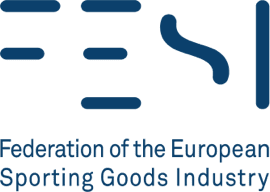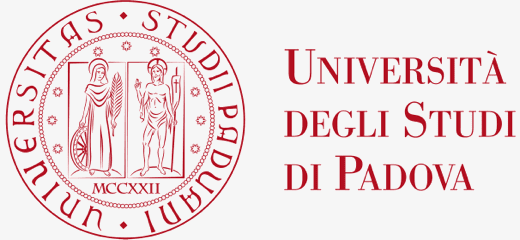Dating back to 1222, the University of Padova (UNIPD) is one of Europe’s oldest and
most prestigious seats of learning, with over 65,000 students and 2,200 educators within its 32
departments. For some time now, The University of Padua has enjoyed a high-ranking position in both
Italian and international ranking agencies for its quality of teaching, research activities and
student services. The Department of Industrial Engineering (DII) of the University of Padua provides
scientific and technical expertise in all fields of Industrial Engineering. In particular DII-UNIPD
will support the development of both sorting and recycling steps of polymers thanks to its expertise
in polymer formulations, recycling, processing and characterization. Moreover, thanks to it
competences on sustainability indicators and management systems, it will lead the develop a life
cycle assessment (LCA) and life cycle cost (LCC) model to study the potential consequences of the
changes brought by the project outcomes into the European market.




